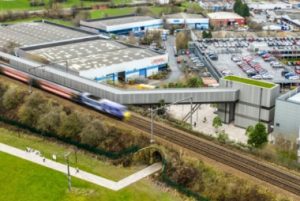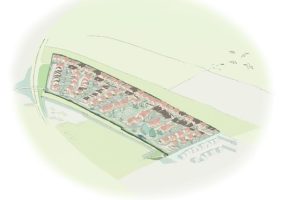Slow broadband threat to UK economy

MORE than half of the country's homes may have broadband connection, but the UK is at risk of being left behind in the internet super slow lane.
Ministers are being warned that unless Britain invests in ultra-fast networks that can deliver speeds up to 100 megabits a second (Mbps) the economy could be under threat.
French broadband customers are counting down the days until they receive ultra-fast broadband connection, while US consumers are already receiving the benefits.
BT, Britain's leading broadband providers, has already warned that it could struggle to pay for an ultra-fast network, although rival Virgin has said it will deliver 50Mbps broadband by the end of next year – more than doubling its current connection speed.
It will be available to more than 70% of 12.5 million homes on its cable network by the end of 2008.
Current broadband speed in the UK is an average four Mbps.
BT is investing £10bn in boosting its existing network, which will be able to deliver download speeds of 24Mbps by 2011.
However, the fact that the country's broadband access is delivered through copper wire is being cited as a major handicap in rolling out faster broadband quickly.
The issue is just one being discussed at a broadband summit being held this week. Delegates from industry, government and regulators are meeting to see how Britain can remain in the super-fast highway.
Stephen Timms, minister for competitiveness, said:
“We need to be discussing how we can put this network in place, because delay could be a barrier to the future success of our economy.”








